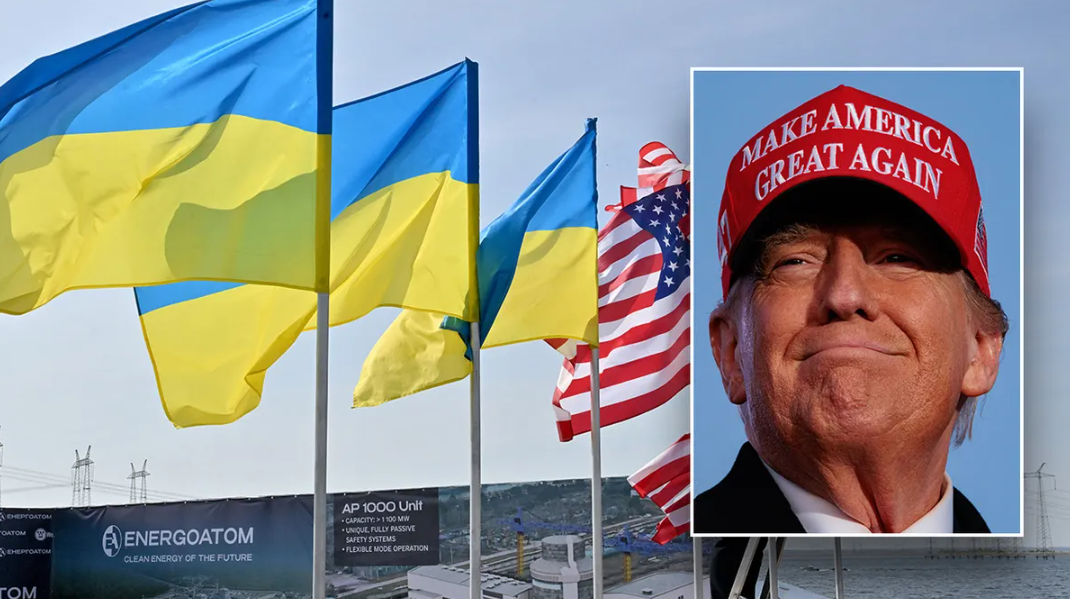Is Trump Weakening U.S. Support for Ukraine? Critics Warn of Major Risk — this question now dominates headlines as criticism mounts over former President Donald Trump’s approach to Ukraine. With billions in military aid at stake and growing international tensions, critics argue that Trump’s actions may signal a dangerous shift in America’s global strategy.
Why Did Trump Suspend Military Aid to Ukraine?
The Trump administration announced a suspension of more than $1 billion in military assistance to Ukraine in early March 2025. The stated reason? Disagreements over how Ukrainian President Volodymyr Zelenskyy was handling peace negotiations with Russia. Trump accused Zelenskyy of failing to cooperate and questioned the long-term benefit of continued American involvement.
However, many analysts view this as more than a strategic maneuver—they see it as a signal of weakened U.S. resolve.
What Are the Core Concerns Raised by Critics?
To help readers grasp the implications, here’s a comparison table of the Trump administration’s rationale versus critics’ concerns:
| Trump’s Justification | Critics’ Concerns |
|---|---|
| Ukraine must show more commitment to peace talks | The move weakens Ukraine’s military capability |
| U.S. shouldn’t fund foreign wars indefinitely | Russia could be emboldened by a perceived U.S. withdrawal |
| Aid should be contingent on reforms and performance | Allies may begin doubting U.S. as a reliable partner |
| Reassessing priorities in global military expenditure | This policy shift undercuts U.S. credibility in global leadership |
U.S. Support for Ukraine, How Does This Affect U.S. Foreign Policy and Global Trust?
Foreign policy experts suggest this aid suspension represents a strategic pivot. Historically, the U.S. has supported countries resisting authoritarian aggression — especially those in Eastern Europe. But this new approach raises serious questions:
- Will other allies trust future American commitments?
- Does this open the door for adversaries like Russia and China to expand influence?
- Is U.S. leadership retreating from the global stage?
Recent reports from The Atlantic Council and Brookings Institution indicate that international confidence in U.S. leadership dropped by 12% in Q1 of 2025 due to perceived inconsistencies in military support and diplomatic engagement.
U.S. Support for Ukraine, Reaction from Europe and NATO
European nations, particularly those bordering Russia, are alarmed. Germany, Poland, and the Baltic states have called emergency sessions to discuss filling the gap left by the U.S. withdrawal.
NATO Secretary General Jens Stoltenberg stated:
“Ukraine’s survival is linked to global democratic stability. The loss of U.S. support is a serious geopolitical shift.”
This creates a burden for NATO — and raises costs for European taxpayers — while diminishing U.S. leadership in the alliance.
What Are the Real-World Effects on Ukraine?
On the ground in Ukraine, the aid freeze is already being felt. Ukrainian forces are:
- Running low on precision-guided munitions
- Facing delays in intelligence-sharing
- Scaling back defensive operations near Donbas and Crimea
A spokesperson from Ukraine’s Ministry of Defense reported that daily Russian drone attacks have increased by 22% since the aid pause, as of April 15, 2025.
The Bigger Picture: U.S. Isolation or Strategy?
Supporters of Trump argue this is a strategic recalibration, not abandonment. They say U.S. taxpayers deserve a reassessment of overseas commitments. But others counter that the cost of inaction may be far higher—both in terms of global instability and long-term national security.
Understanding the Strategic Debate
Here’s a visual breakdown of what’s at stake:
U.S. Military Aid to Ukraine
|
-------------------------------
| | |
National Global Domestic Political
Security Reputation Reactions
| | |
Ukraine's NATO trust Trump base support
defense weakened? vs. bipartisan pushback
What Comes Next?
Congress is now considering emergency legislation to restore partial funding through bipartisan channels. Meanwhile, advocacy groups, veterans, and global analysts continue to apply pressure.
“A strong America defends democracy wherever it’s challenged,” said Senator Chris Murphy (D-CT). “We must act now, or history will judge us harshly.”
Final Thoughts
Trump’s decision to suspend aid to Ukraine has reignited global debates on America’s role as a leader in democratic defense. While framed as a cost-saving strategy or political stance, the real-world consequences—on battlefields, in diplomatic corridors, and among global partners—are already visible.
If this trend continues, the United States could risk not only weakening a key ally but also redefining its role in global peacekeeping, potentially handing influence to adversaries who thrive in power vacuums.
[USnewsSphere.com / br.]





